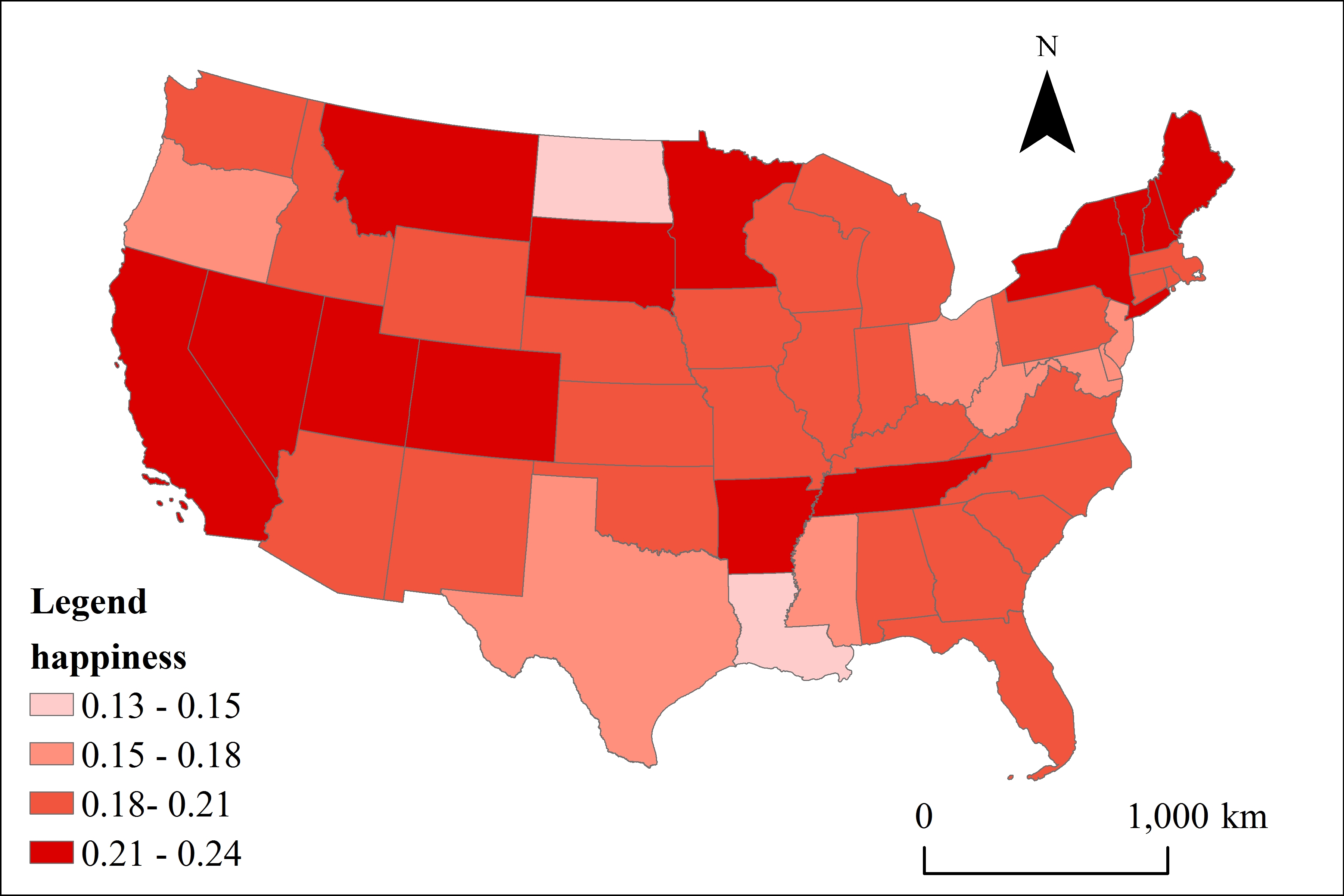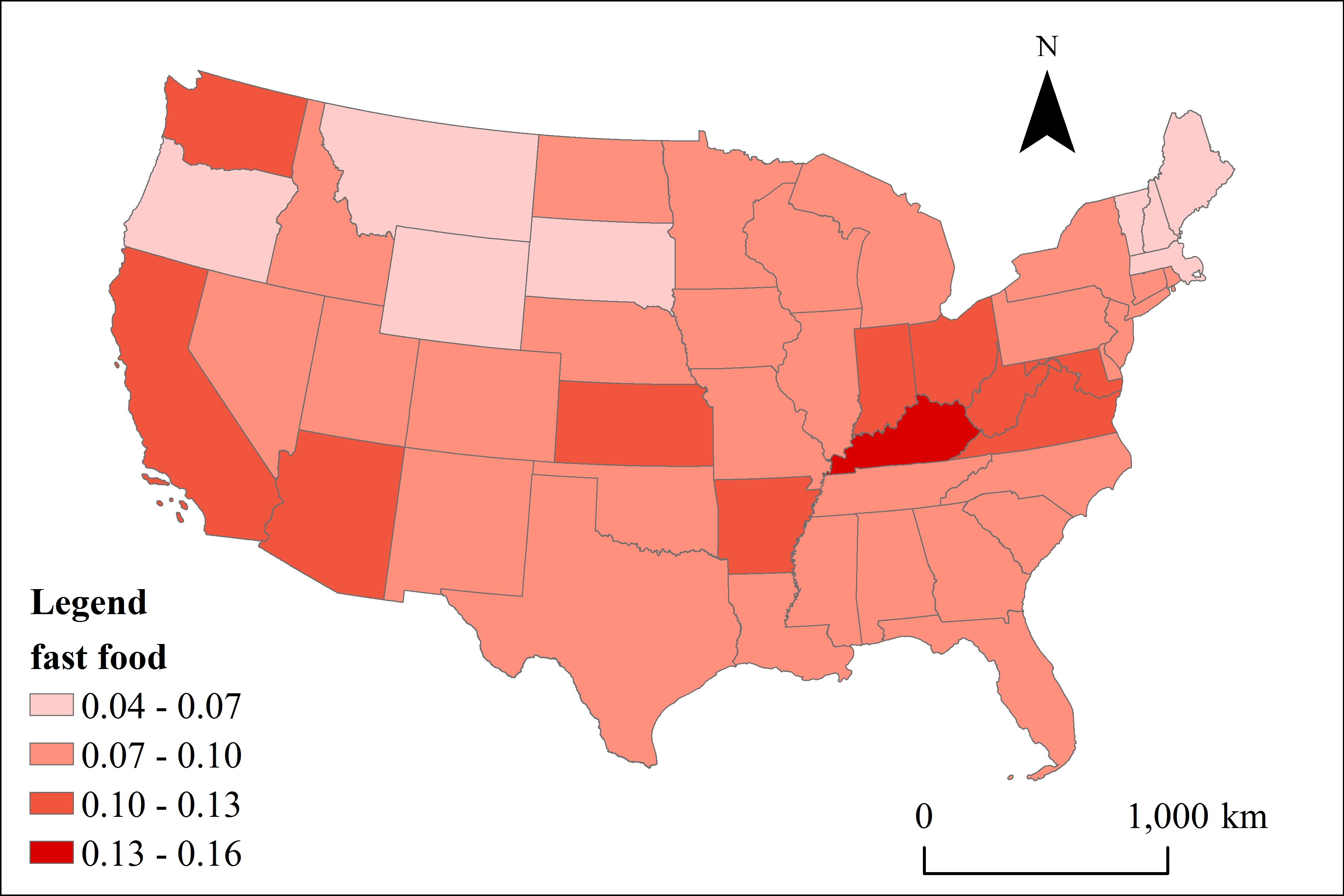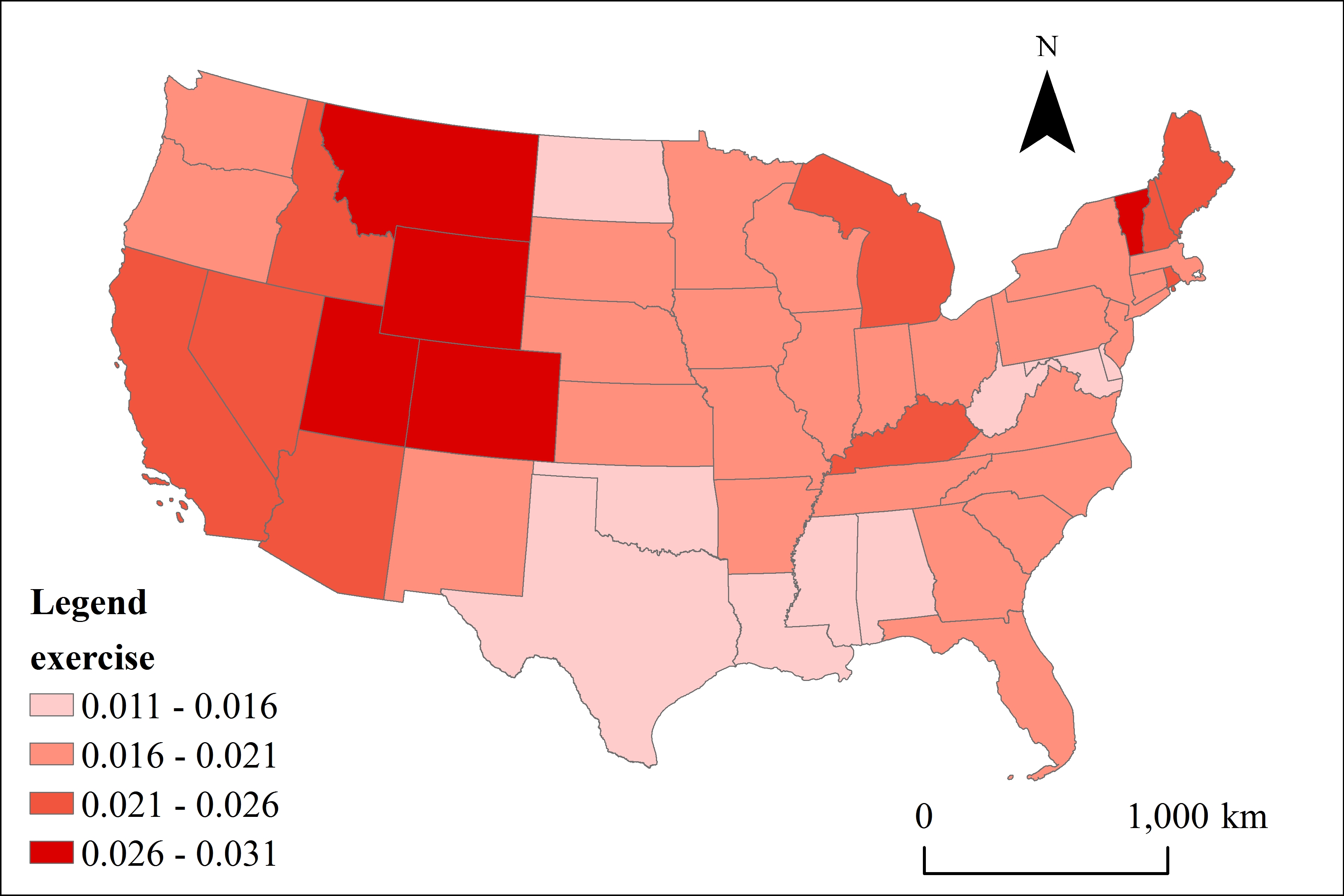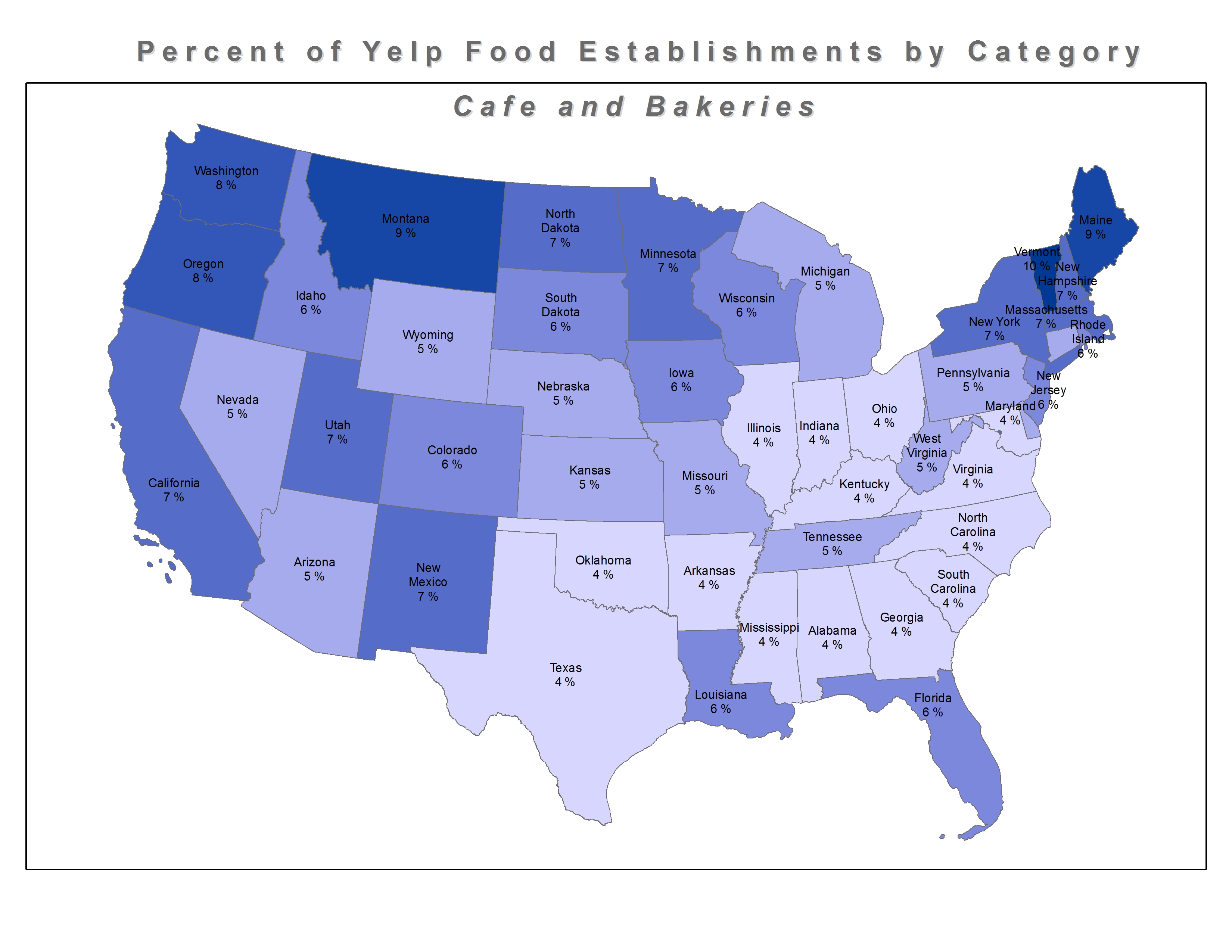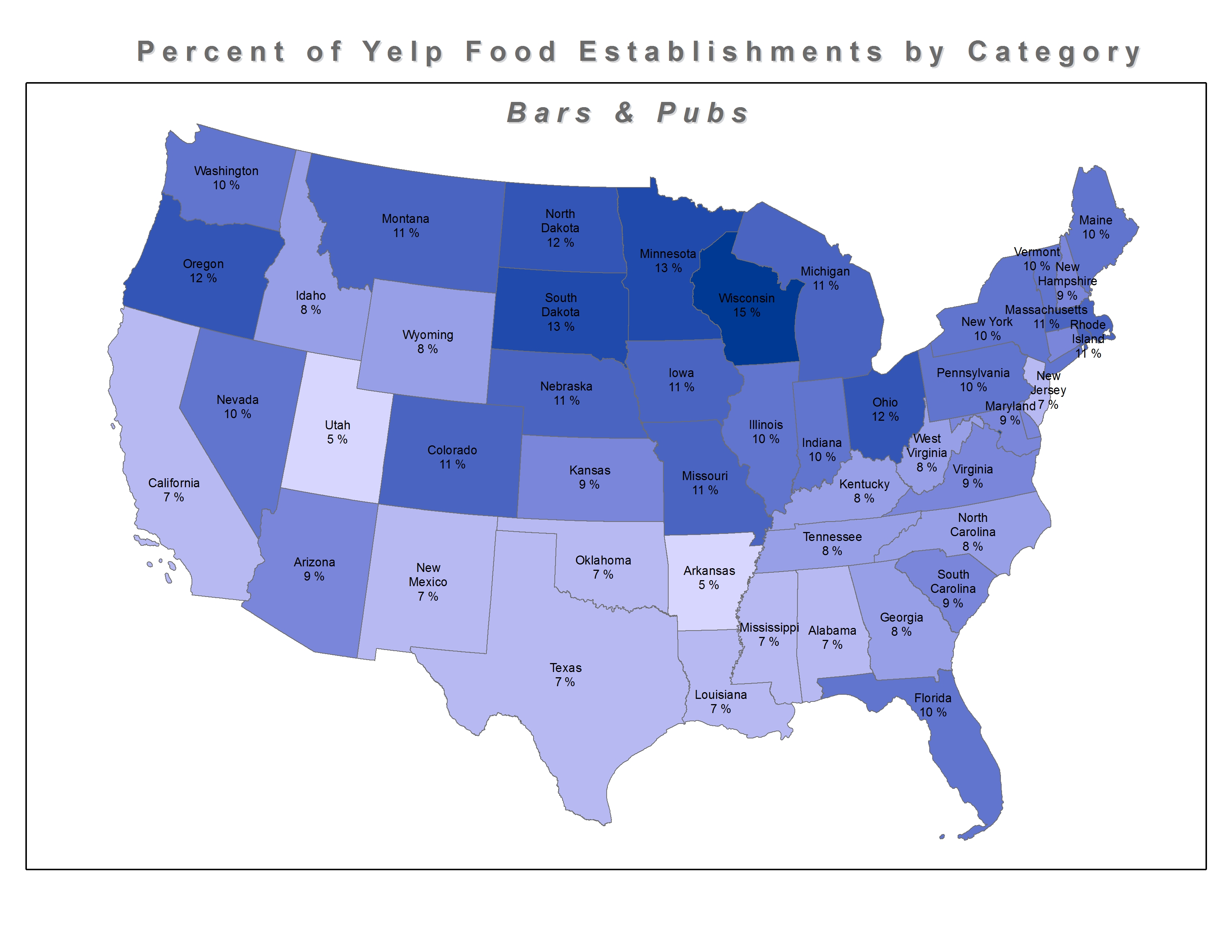Nguyen, T. T., Meng, H. W., Sandeep, S., McCullough, M., Yu, W., Lau, Y., ... & Nguyen, Q. C. (2018).
Twitter-derived measures of sentiment towards minorities (2015–2016) and associations with low birth weight and preterm birth in the United States. Computers in Human Behavior, 89, 308-315.
doi:10.1016/j.chb.2018.08.010
Nguyen, Q. C., Sajjadi, M., McCullough, M., Pham, M., Nguyen, T. T., Yu, W., ... & Brunisholz, K. (2018).
Neighbourhood looking glass: 360º automated characterisation of the built environment for neighbourhood effects research. J Epidemiol Community Health, jech-2017.
doi:10.1136/jech-2017-209456
Nguyen, Q. C., Brunisholz, K. D., Yu, W., McCullough, M., Hanson, H. A., Litchman, M. L., . . . Smith, K. R. (2017).
Twitter-derived neighborhood characteristics associated with obesity and diabetes. Scientific Reports, 7(1), 16425. doi:10.1038/s41598-017-16573-1
Meng, H.-W., Kath, S., Li, D., & Nguyen, Q. C. (2017). National substance use patterns on Twitter. PLOS ONE, 12(11), e0187691. doi:10.1371/journal.pone.0187691
Nguyen, Q. C., McCullough, M., Meng, H. W., Paul, D., Li, D., Kath, S., ... & Li, F. (2017).
Geotagged US Tweets as Predictors of County-Level Health Outcomes, 2015–2016. American Journal of Public Health, (0), e1-e7.
doi: 10.2105/AJPH.2017.303993
Nguyen, Q. C., Meng, H., Li, D., Kath, S., McCullough, M., Paul, D., Kanokvimankul, P., Nguyen, T. X., & Li, F. (2017).
Social media indicators of the food environment and state health outcomes. Public Health, 148, 120-128.
doi: 10.1016/j.puhe.2017.03.013
Nguyen, Q., Li, D., Meng, H., Kath, S., Nsoesie, E., Wen, M., & Li, F. (2016).
Building a national neighborhood dataset from geotagged Twitter data for indicators of happiness, diet, and physical activity.
JMIR Public Health & Surveillance, Vol 2, No 2, doi: https://publichealth.jmir.org/2016/2/e158/
Nguyen, Q. C., Kath, S., Meng, H.-W., Li, D., Smith, K. R., VanDerslice, J. A., Wen, M., & Li, F. (2016).
Leveraging geotagged Twitter data to examine neighborhood happiness, diet, and physical activity.
Applied Geography, 73, 77-88. doi: 10.1016/j.apgeog.2016.06.003
